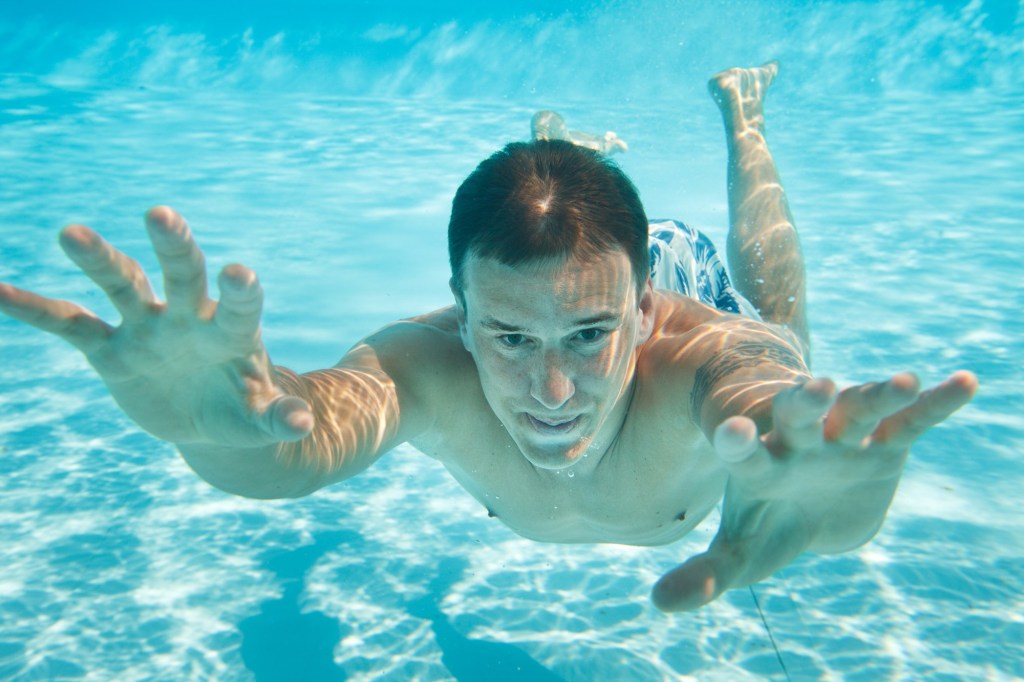And as a Mayo Clinic eye expert explains, it could cause temporary damage to your vision.
The next time you dive in, you might want to reconsider opening your eyes underwater.
“Chlorine is a pretty powerful disinfectant and can, in fact, cause some damage to the outer layer cells that protect the cornea,” says Dr. Muriel Schornack, a Mayo Clinic optometrist.
The occasional glance should be OK, but extended eye-opening underwater can cause damage.
“The eye becomes red, irritated. You might become photophobic, or sensitive to light. Your vision might blur a little bit, and your eyes are going to feel irritated or even, frankly, painful,” says Dr. Schornack.
Most of the time, those symptoms are uncomfortable but temporary. If you really want to look underwater, the doctor-recommended tip:
“… I’m a huge fan of swimming goggles for a couple of reasons. No. 1, you can protect the front surface of the eye. No. 2, a lot of folks who are highly nearsighted or highly farsighted like to wear their contact lenses while they’re swimming. And if chlorine soaks into those lenses, now you’ve got a reservoir of chlorine on the surface of the eye that’s likely to do damage,” says Dr. Schornack.
___
©2023 Mayo Clinic News Network. Visit newsnetwork.mayoclinic.org. Distributed by Tribune Content Agency, LLC.
Read the full article here







